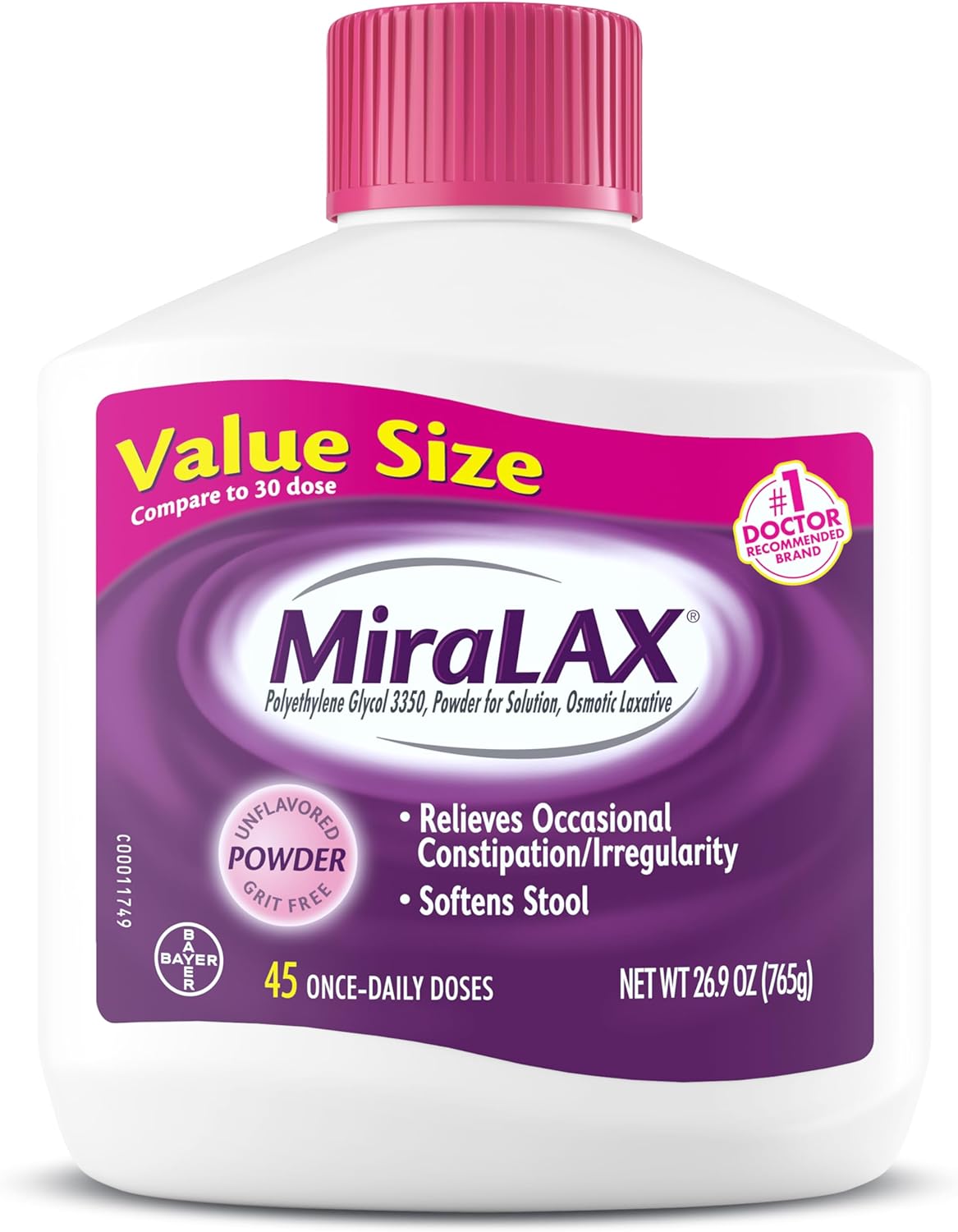Constipation: Symptoms, Causes, Treatment
What are the symptoms of constipation?
Constipation is a common digestive issue characterized by infrequent bowel movements or difficulty passing stool. Symptoms of constipation may vary from person to person, but common signs and symptoms include:
- Infrequent bowel movements: Bowel movements that occur less frequently than usual, typically fewer than three times per week.
- Difficulty passing stool: Straining during bowel movements or feeling like you are unable to completely empty your bowels.
- Hard or lumpy stools: Stools that are hard, dry, or difficult to pass.
- Abdominal discomfort: Cramping, bloating, or abdominal pain may occur due to the buildup of stool in the intestines.
- Feeling of incomplete evacuation: Feeling like you have not completely emptied your bowels after a bowel movement.
- Rectal discomfort: Discomfort or pain in the rectum or anus.
- Passing small amounts of stool: Despite feeling the need to have a bowel movement, only passing small amounts of stool.
- Straining during bowel movements: Excessive straining or pushing during bowel movements.
- Changes in bowel habits: Changes in the frequency, consistency, or appearance of stool.
- Abdominal bloating: Feeling of fullness or bloating in the abdomen.
Constipation can be caused by a variety of factors, including diet, dehydration, lack of physical activity, certain medications, and underlying medical conditions. In most cases, constipation can be managed with lifestyle changes, such as increasing fiber intake, staying hydrated, and getting regular exercise. However, if constipation is persistent or severe, it’s important to see a healthcare professional for an evaluation and appropriate treatment.
What are the causes of constipation?
Constipation can be caused by a variety of factors, including:
- Diet: A diet low in fiber can contribute to constipation. Fiber helps add bulk to stool and promotes regular bowel movements. Not consuming enough fiber-rich foods, such as fruits, vegetables, and whole grains, can lead to constipation.
- Dehydration: Not drinking enough water can result in hard, dry stools that are difficult to pass.
- Lack of physical activity: Regular physical activity helps promote healthy digestion and bowel function. A sedentary lifestyle can contribute to constipation.
- Ignoring the urge to have a bowel movement: Ignoring the urge to have a bowel movement can lead to stool becoming dry and difficult to pass.
- Certain medications: Some medications, such as opioid pain medications, antidepressants, antacids containing aluminum or calcium, and certain antispasmodic medications, can contribute to constipation.
- Changes in routine: Changes in routine, such as traveling or changes in daily schedule, can disrupt normal bowel habits and lead to constipation.
- Medical conditions: Certain medical conditions, such as irritable bowel syndrome (IBS), hypothyroidism, diabetes, and neurological disorders, can contribute to constipation.
- Structural issues: Structural issues in the colon or rectum, such as colorectal cancer, pelvic floor dysfunction, or rectal prolapse, can lead to constipation.
- Hormonal changes: Hormonal changes, such as those that occur during pregnancy or menstruation, can affect bowel function and contribute to constipation.
- Aging: As people age, the digestive system may slow down, leading to a higher risk of constipation.
It’s important to address the underlying cause of constipation to effectively manage the condition. If constipation is persistent or severe, it’s advisable to consult with a healthcare professional for an evaluation and appropriate treatment.
What is the treatment for constipation?
The treatment for constipation depends on the underlying cause and the severity of symptoms. In many cases, constipation can be managed with simple lifestyle changes and over-the-counter remedies. Treatment options may include:
- Increasing fiber intake: Eating a diet rich in fiber can help add bulk to stool and promote regular bowel movements. Fiber-rich foods include fruits, vegetables, whole grains, and legumes. Fiber supplements, such as psyllium husk or methylcellulose, may also be beneficial.
- Staying hydrated: Drinking plenty of water and other fluids can help soften stool and make it easier to pass.
- Regular physical activity: Regular exercise can help promote healthy digestion and bowel function.
- Establishing a regular toilet routine: Setting aside time each day for a bowel movement, especially after meals, can help train the body to have regular bowel movements.
- Over-the-counter laxatives: If lifestyle changes alone are not effective, over-the-counter laxatives may be used on a short-term basis. These include bulk-forming laxatives, osmotic laxatives, stimulant laxatives, and lubricant laxatives. It’s important to use laxatives as directed and not to rely on them for long-term management of constipation without consulting a healthcare professional.
- Prescription medications: In some cases, prescription medications may be necessary to treat chronic or severe constipation. These may include prescription-strength laxatives or medications that help regulate bowel function.
- Biofeedback therapy: For individuals with pelvic floor dysfunction, biofeedback therapy may be helpful in improving bowel function.
- Surgery: In rare cases where constipation is caused by structural issues in the colon or rectum, surgery may be necessary to correct the problem.
It’s important to consult with a healthcare professional before starting any new treatment for constipation, especially if you have underlying health conditions or are taking medications that may interact with certain treatments. A healthcare professional can help determine the underlying cause of constipation and recommend the most appropriate treatment plan for your individual needs.




